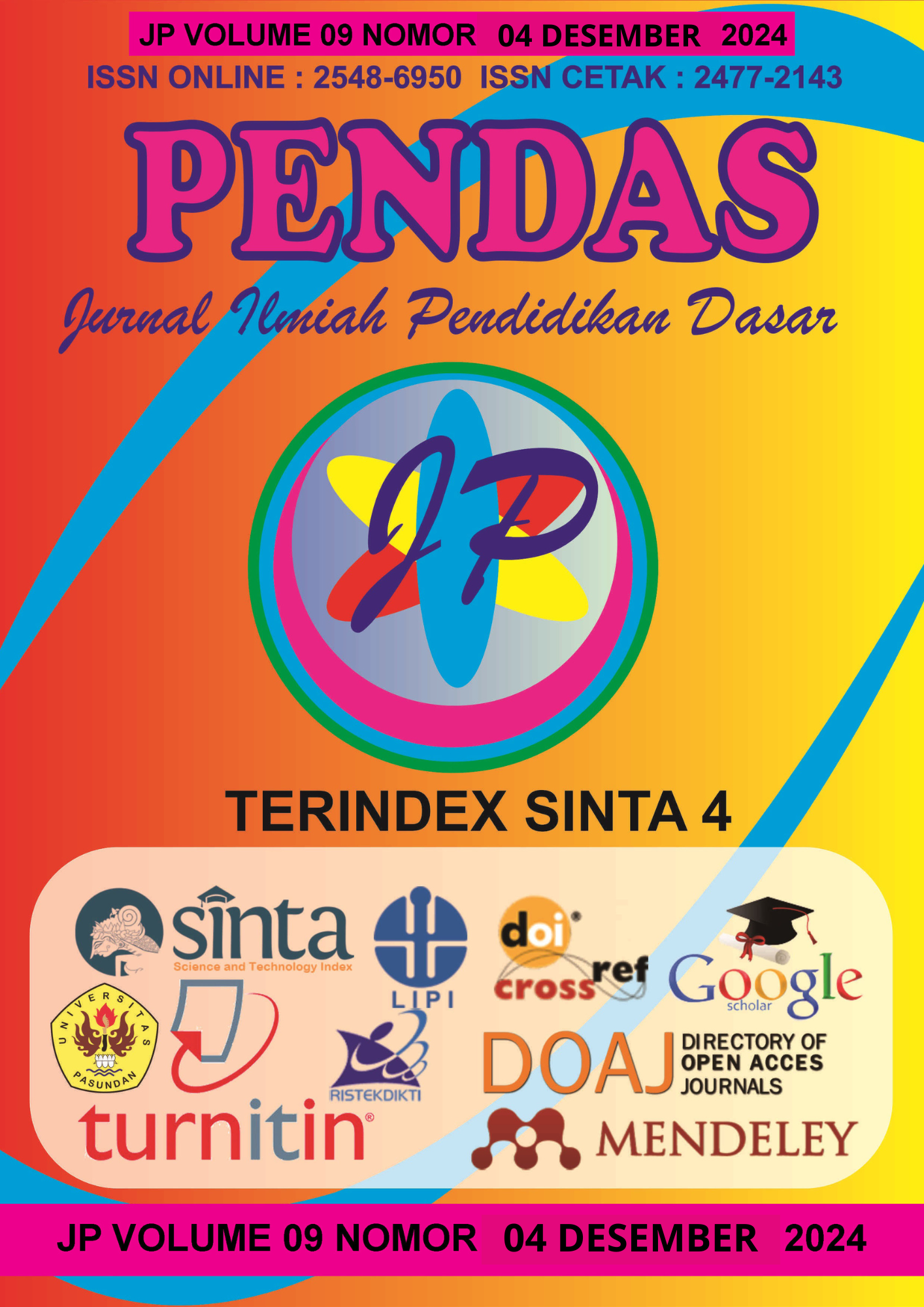HUBUNGAN ANTARA LINGKUNGAN KERJA DAN KOMPENSASI DENGAN TURNOVER INTENTION PADA KARYAWAN COFEESHOP DI KOTA KUDUS
DOI:
https://doi.org/10.23969/jp.v9i04.20360Keywords:
Turnover, Work Environment, Compensation, Coffeeshop EmployeesAbstract
The purpose of this study was to empirically determine the relationship between work environment and compensation with turnover in coffeeshop employees in Kudus city. This research is quantitative in nature. This research was conducted at Jota Kudusi from September to December 2024. In this study, researchers took the population as active employees for 2 years at the coffeshop who had been affected by turnover. The sampling technique used in this study is non probability sampling with purposive sampling method. Collecting data in this study using the work environment scale, compensation scale, and turnover scale. Data analysis in this study used two predictor regression analysis methods and product moment. The results of this study indicate that the major hypothesis which says there is a significant relationship between work environment and compensation with turnover is accepted with an effective contribution of 25.1%. Thus, the conclusion of this study is that work environment and compensation have a significant influence on turnover in coffeeshop employees in Kudus City.
Downloads
References
Armstrong, M. (2021). Human resource management practice. Kogan Page.
Aulia, S. (2020). Tren konsumsi kopi dan pertumbuhan industri RTD di Indonesia.
Badriyah, M. (2015). Manajemen sumber daya manusia. Yogyakarta: Graha Ilmu.
Biron, M., & Boon, C. (2013). Understanding the impact of turnover: Strategic HRM analysis. Journal of Management, 39(1), 56–87.
Boella, M., & Goss-Turner, S. (2019). Human resource management in the hospitality industry. Routledge.
Dessler, G. (2020). Human resource management. Pearson.
Gomes, F. (2003). Manajemen sumber daya manusia. Penerbit Andi.
Griffeth, R. W., Hom, P. W., & Gaertner, S. (2000). A meta-analysis of antecedents and correlates of employee turnover: Update, moderator tests, and research implications for the next millennium. Journal of Management, 26(3), 463–488.
Harnoto. (2002). Manajemen sumber daya manusia. PT Gramedia.
Hariandja, M. (2002). Manajemen sumber daya manusia. Jakarta: Grasindo.
Herzberg, F. (1968). Work and the nature of man. Cleveland, OH: World Publishing.
Kreitner, R., & Kinicki, A. (2014). Organizational behavior. McGraw-Hill Education.
Maslach, C., & Leiter, M. P. (2016). Burnout in the workplace. Annual Review of Psychology, 52, 397–422.
Mathis, R. L., & Jackson, J. H. (2011). Human resource management. South-Western Cengage Learning.
Medina, E. (2012). Job satisfaction and turnover intention: Effects on organizational culture. Journal of Business Ethics, 20(2), 101–112.
Mobley, W. H., Griffeth, R. W., Hand, H. H., & Meglino, B. M. (1979). Review and conceptual analysis of the employee turnover process. Psychological Bulletin, 86(3), 493–522.
Mustahim, A., et al. (2009). Strategi menghadapi turnover di sektor F&B.
Nugroho, H., & Darmawati, S. (2018). Pengaruh lingkungan kerja terhadap turnover intention. Jurnal Manajemen Indonesia, 17(2), 159–171.
Praditya, E., & Sulastri, E. (2022). Perkembangan bisnis kopi di Indonesia.
Rivai, V. (2009). Manajemen sumber daya manusia untuk perusahaan. Raja Grafindo Persada.
Sedarmayanti. (2001). Lingkungan kerja dan produktivitas. Mandar Maju.
Simamora, H. (2004). Manajemen sumber daya manusia. Yogyakarta: STIE YKPN.
Stanley, L., Vandenberghe, C., Vandenberg, R. J., & Bentein, K. (2013). Employee turnover and organizational performance: Testing a mediated model. Human Resource Management Journal, 23(4), 426–442.
Toffin. (2020). Industri kopi di Indonesia.
Vizano, R. et al. (2021). Pengaruh kompensasi terhadap turnover intention. Jurnal Manajemen Sumber Daya Manusia, 18(3), 215–226.
Yunita, W. (2015). Analisis pengaruh lingkungan kerja terhadap turnover intention. Jurnal Ilmu Manajemen, 3(2), 12–19.
Zumrah, A. R. (2017). Pengaruh kepuasan kerja terhadap turnover. Jurnal Psikologi Industri, 10(1), 41–49.
Downloads
Published
Issue
Section
License
Copyright (c) 2025 Pendas : Jurnal Ilmiah Pendidikan Dasar

This work is licensed under a Creative Commons Attribution 4.0 International License.














































